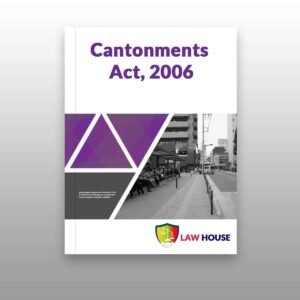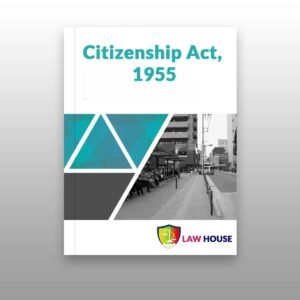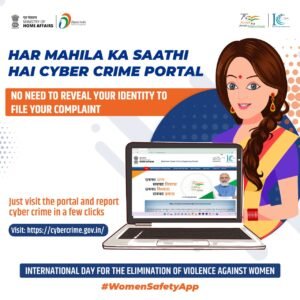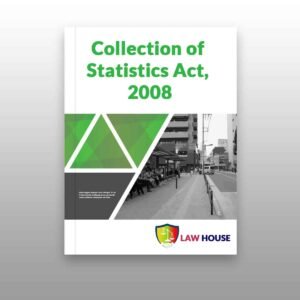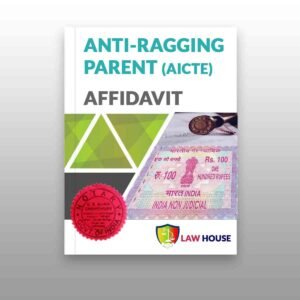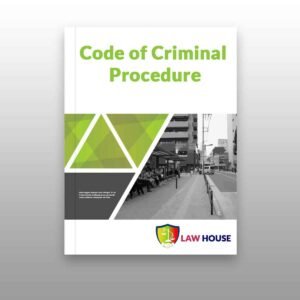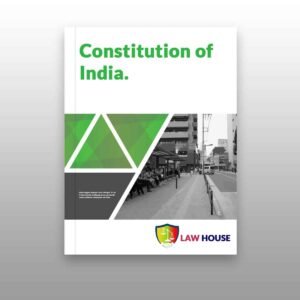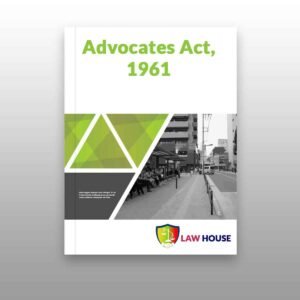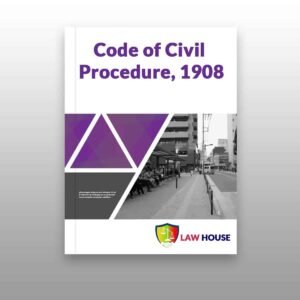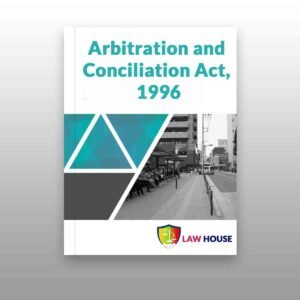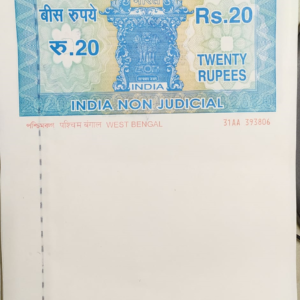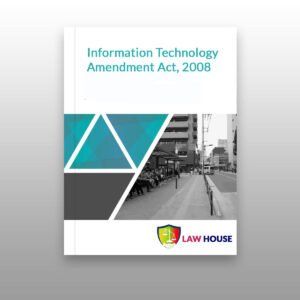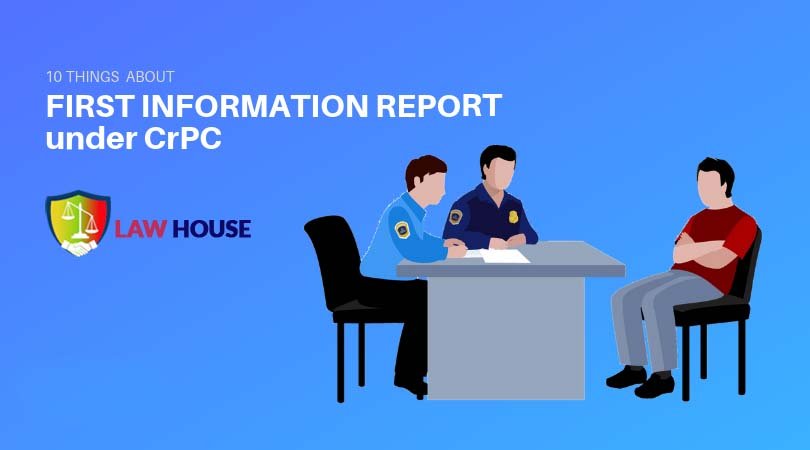What constitute Sexual Harassment?
This article will help you to understand what constitutes sexual harassment in the workplace. Examples of behavior that could be harassment include but are not limited to:
- making unwanted requests for sexual favors or dates
- making inappropriate comments about someone’s body or appearance
- saying bad things about or making fun of someone or all people of a certain gender or sexual orientation (i.e. “women are…” or “gay people all…”)
- using gender-based or sexual orientation-based slurs (swear words)
- making vulgar, offensive, or explicit jokes about sex or sexual acts
Note: It still counts as harassment even if the conduct is not aimed at you specifically. For example, if you are a trans person who hears a group of co-workers making offensive jokes or insults about trans people (in general), that kind of behavior could still be considered “harassment,” even though they aren’t speaking to or about you specifically. - sending or sharing emails, texts, or messages of a sexual nature
- gossiping about someone’s personal relationships or sex life
- unwanted or inappropriate touching of any body part, clothing, face, or hair, including hugging, kissing, or assault
- staring, leering, or making gestures of a sexual nature
- blocking someone’s movement
- displaying, sending, or sharing vulgar pictures or pornography

Know the Complete Step by Step guide of Employment Laws including Overtime calculation and Night Duty
Every Employer must follow these guideline in order to prevent any Sexual Harassment under The Prohibition of Sexual Harassment of Women at Workplace Act, 2013
Every Employer Should:
- The act provides an outline about employer’s requirements to develop a complaint mechanism.
- Section 4 lays down the establishment of an Internal Complaints Committee (ICC).
- The ICC must consist of at least-
- Four members under the Chairperson ship of a senior woman employee,
- Two members from amongst the employees preferably a women with experience in social work or legal knowledge and
- A third party member preferably affiliated with a non- governmental organization.
- If a workplace has less than 10 employees it is difficult to set up ICC. In that case complaints may be filed at local complaints committee (LOC) established at the district level.
- Section 19 requires employers to organize an orientation, workshops and awareness programs for sensitizing employees to the harms of sexual harassment and to provide assistance to the complainant should she choose to file a police complaint.
- Further, employers are required to display at the workplace details of the penal consequences of indulging in acts of sexual harassment, the composition of the ICC, and the grievance redressal mechanism available to aggrieved employees.

Want to Know the Employment laws for Women in India? Read our Detailed guide including how to file a complaint?
How to File Complaint under this Act?
1. Any aggrieved woman may make, in writing, a complaint of sexual harassment at work place to the ICC, within a period of three months from the date of incident and in case of a series of incidents, within a period of three months from the date of last incident. (Provided that where such complaint cannot be made in writing, the Presiding Officer or any Member of the ICC shall render all reasonable assistance to the woman for making the complaint in writing. Where the aggrieved woman is unable to file a complaint on account of her physical or mental incapacity or death or otherwise, her legal heir or such other person as may be prescribed may make a complaint). The written complaint should be submitted to the Presiding officer or any of its members along with list of witnesses and supporting documents.
2. Any complaint received by the members should be immediately forwarded to the Presiding Officer, and this must be notified to other committee members at the earliest and not later than 3 days and a meeting should be called for discussing the matter.
3. The Committee shall discuss and decide on its jurisdiction to deal with the case or reject the complaint prima facie and recommend to the Institute that no action is required to be taken in the matter.
4. Notice shall be issued to the respondent within 7 working days of receipt of the complaint and 10 working days shall be given for submission of reply (along with the list of witnesses and documents.)
5. The Committee may, before initiating an inquiry, at the request of the aggrieved woman, take steps to settle the matter between her and the respondent through conciliation. No monetary settlement shall be made as the basis of conciliation. Where a settlement has been arrived at, the ICC shall record the settlement so arrived and forward the same to the employer for necessary compliance. The Committee shall provide the copies of the settlement as to the aggrieved woman and the respondent. Where a settlement is arrived at, no further inquiry shall be conducted by the ICC.
6.If conciliation is found to be not feasible, notice will be issued to both parties for hearing.
7. The ICC follows the principles of natural justice during the proceedings which include: a. Right of hearing to the parties b. Examination and cross examination of parties and witnesses
8. The Committee may at any time during the enquiry proceedings, preclude the face-to face examination of the respondent and the aggrieved woman and/or their witnesses keeping in view the need to protect the aggrieved woman or the witnesses from facing any serious health and/or safety problems.
9. The Committee may call any person to appear as a witness if it is of the opinion that it shall be in the interest of justice.
10. The Committee shall have the right to summon, as many times as required, the respondent, aggrieved woman and/or any witnesses for the purpose of supplementary testimony and/or clarifications.
11. The Committee shall have the power to summon any official papers or documents pertaining to the aggrieved woman as well as the respondent.
12. The Committee shall have the right to terminate the enquiry proceedings and to give an ex party decision on the complaint, should the respondent fail, without valid ground, to be present for three consecutive hearings convened by the Presiding Officer.
13. All proceedings of the ICC shall be recorded in writing.
14. After concluding its investigation, the Committee shall submit a detailed report to the University.
15. In the event the Committee finds that the allegation(s) against the respondent have been proved, it shall recommend the nature of action to be taken by the University.
16. When the Committee arrives at the conclusion that the allegation against the respondent is malicious or the aggrieved women or any other person making the complaint has made the complaint knowing it to be false or the aggrieved women or any other person making the complaint has produced any forged or misleading document, it may recommend to the University to take action against such falsification.
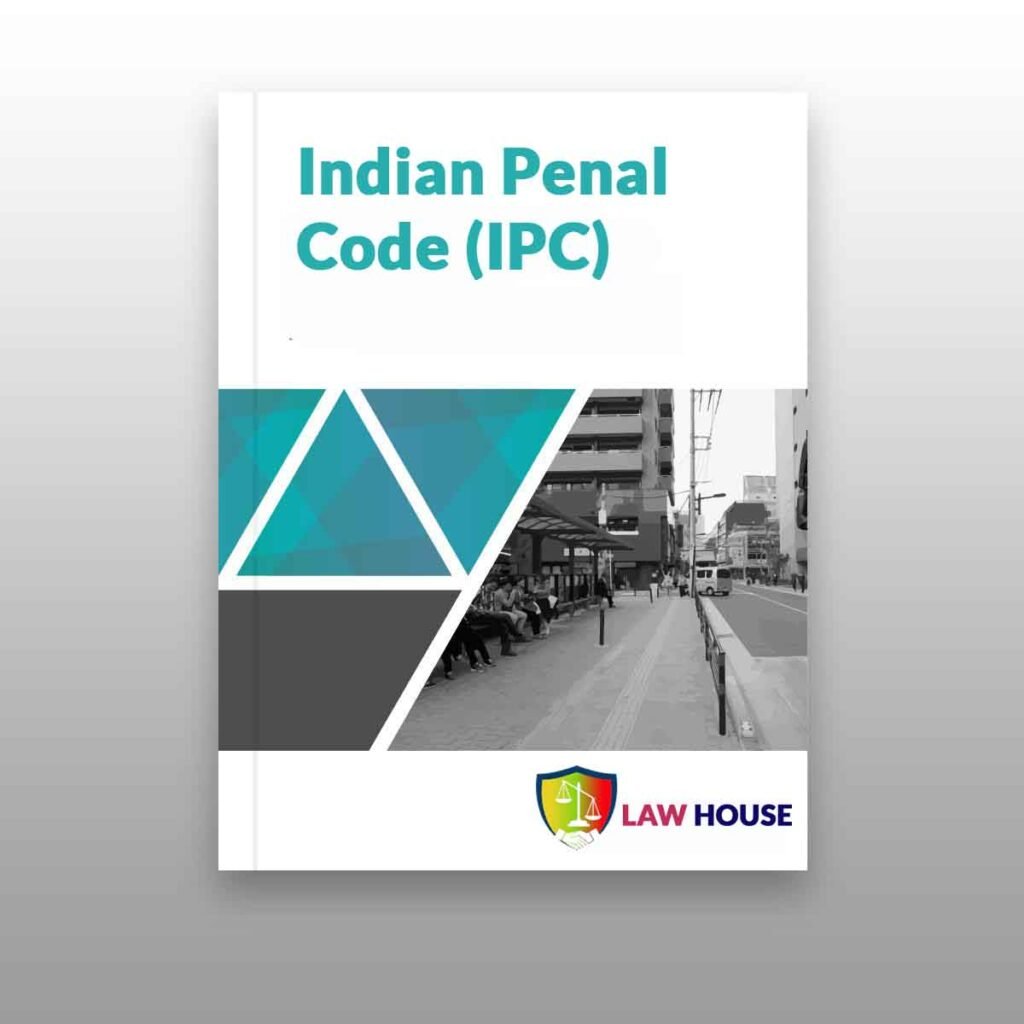
Read the Indian Penal Code. Law related to women including crime against women, rape, Murder and the punishment. Free Download or Read in PDF.


What are the Punishment under Factories Act? Read our Complete on Factories Act. Easy to understand.
Read More:










![Honey trap in Cybercrime: A to Z guide Exploring Honey Trap in Cyberspace [With Video]](https://www.lawhousekolkata.com/wp-content/uploads/Post-Images/Honey-Trap-300x169.jpg)


